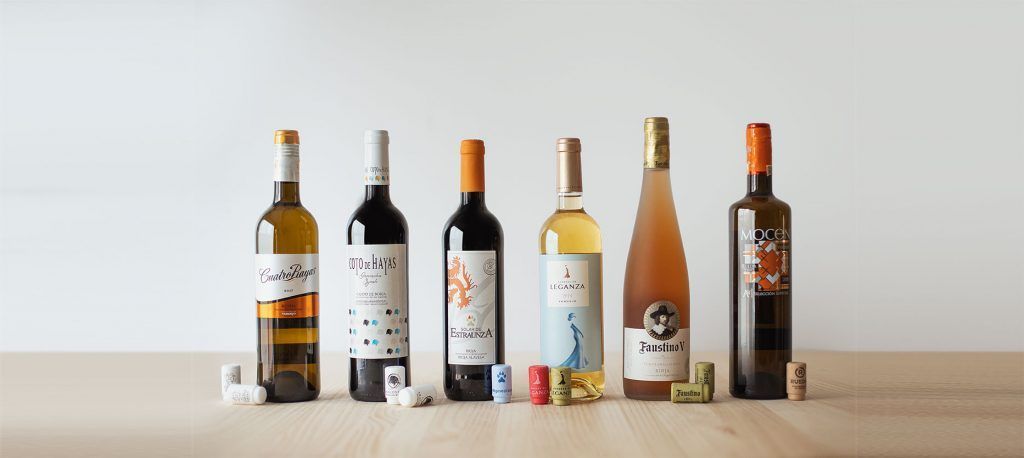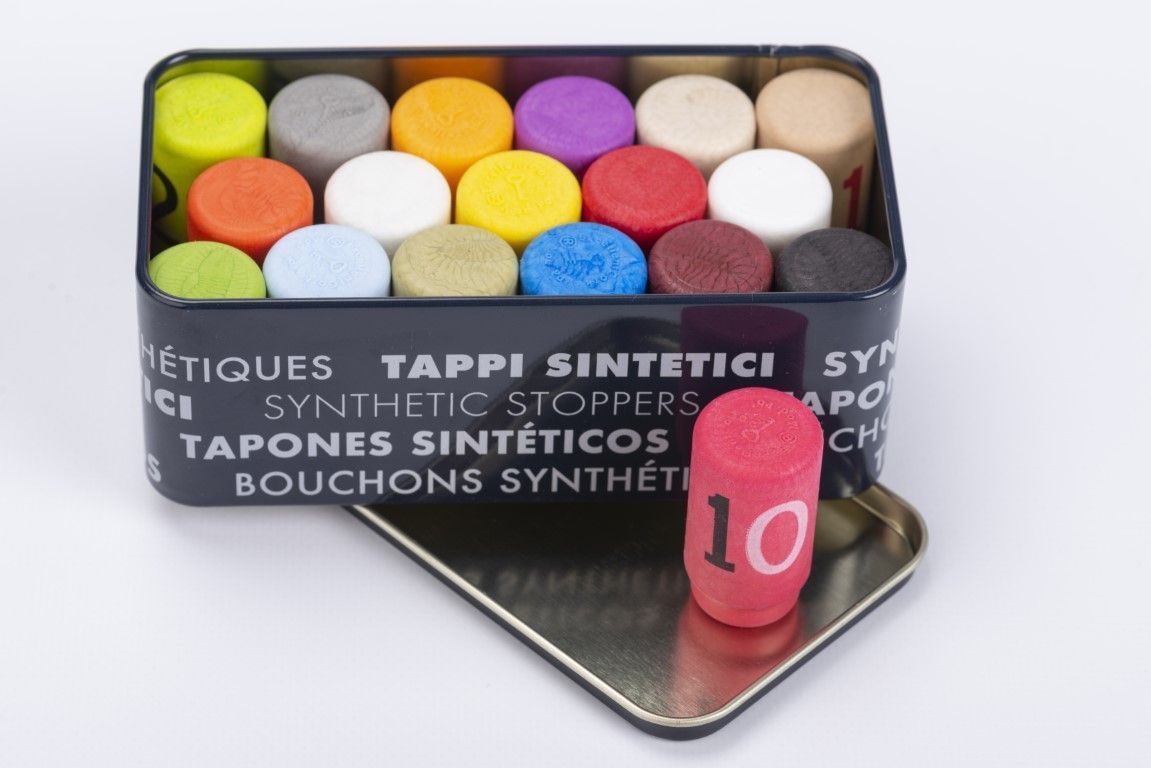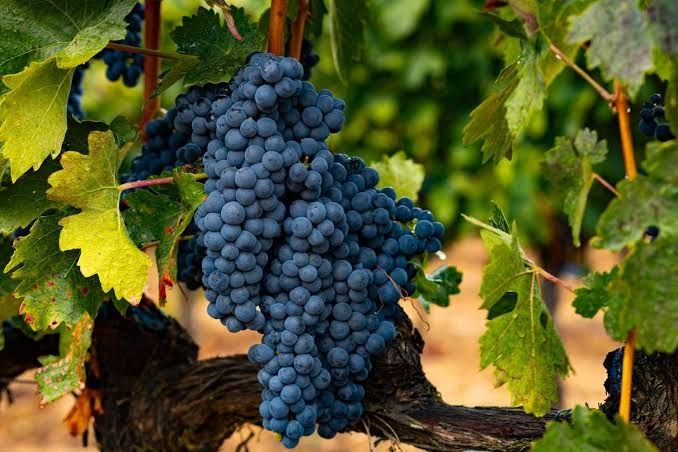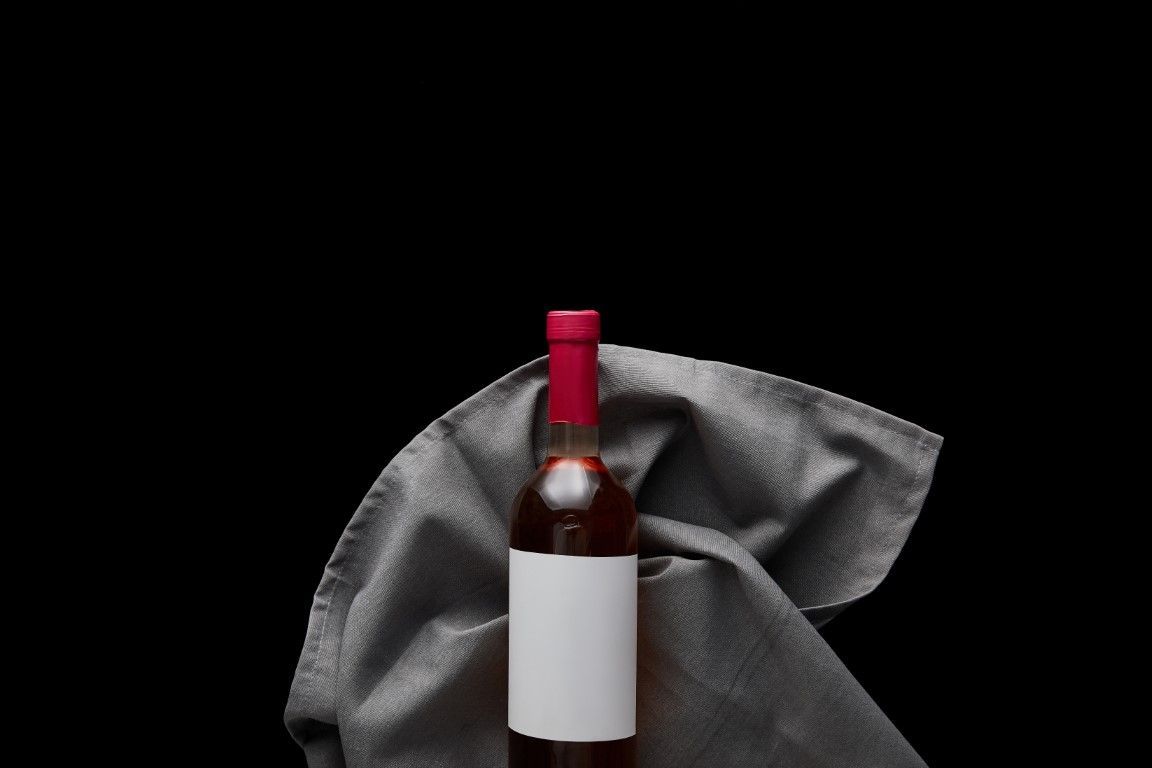If you are someone who enjoys a good wine, you understand the importance of the wine stopper, not only for preserving its flavor but also its aroma and essence. But do you know how they are made?
At Excellent Cork, we are experts in wine stoppers, and in this article, we bring you the main factors that influence their production.
Types of Wine Stoppers
The wine stopper is a fundamental element in preserving the quality of this beverage. Today, there are two main types: synthetic and natural cork. But which is better? That depends on specific needs, as each has its own characteristics.
Here’s a closer look at each one.
Natural Cork Stoppers
The natural cork wine stopper is a traditional option, made from the bark of the cork oak tree. It is known for its ability to oxygenate the wine, which promotes its development in the bottle. These stoppers are used for premium wines that require long maturation periods.
Synthetic Stoppers
Synthetic wine stoppers are made of plastic materials and are a precisely manufactured alternative. They are used not only for wine bottles but also for spirits, oils, reed diffusers, and more. They enhance airtightness and prevent cross-contamination. 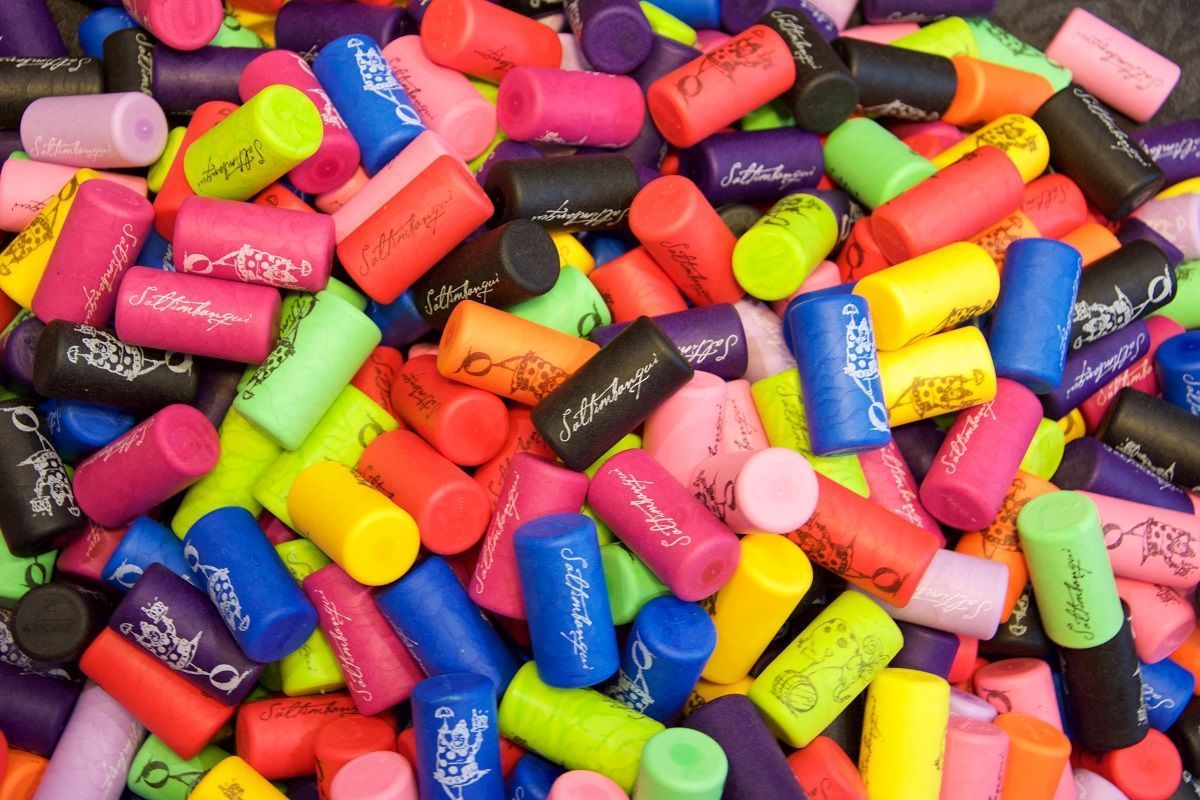
Materials Used and Production Process
Wine stoppers are primarily made from plastic materials such as polypropylene and polyethylene. These materials are chosen for their properties, including flexibility, durability, and the ability to create a precise, airtight seal.
Here’s an overview of the production process:
- Materials and Molding: After selecting the ideal material, stoppers are designed in 3D and steel molds are created to shape them.
- Injection Process: Once the molds are ready, the materials are heated and injected, ensuring uniform size and shape.
- Cooling and Hardening: After injection, the stoppers are cooled to solidify them.
- Finishing and Quality Control: Finally, a finishing process is applied, and the stoppers undergo quality control to meet sealing standards.
Impact of Stopper Type on Wine
The bottle stopper, specifically for wine, significantly impacts its preservation, evolution, and the consumer’s final experience. Each type of stopper offers distinct characteristics that influence the wine’s quality, aging, and aromatic profile.
Effect on Wine Maturation and Preservation
Depending on the type of wine stopper, the beverage achieves a specific level of maturation and preservation. Here are some key factors influenced by the stopper:
- Storage Conditions: Regardless of the stopper type, storage conditions such as temperature, humidity, and the bottle’s position affect the wine’s maturation and preservation.
- Risk of Contamination: Some options reduce the risk of the liquid being contaminated. For example, synthetic and glass stoppers help maintain the wine’s quality over extended periods.
- Micro-oxygenation: Depending on the stopper type, the wine may experience varying degrees of oxygenation, influencing its characteristics differently depending on the wine type.
Influence on Wine’s Flavor and Quality
The flavor and quality of wine are also linked to the stopper type, as each provides unique qualities. Choosing the ideal option should consider factors such as oxygenation and the aim to eliminate potential contaminants.
New Technologies in Stopper Manufacturing
Stopper manufacturing has incorporated new technologies to improve product quality and sustainability. These innovations focus on enhancing sealing efficiency, reducing contamination risks, ensuring uniform quality, and meeting market demands.
Additionally, stoppers with integrated electronic sensors are being developed to measure temperature and oxygen levels inside the bottle.
Frequently Asked Questions About Wine Stoppers
We know the topic of wine stoppers is extensive; that’s why we’ve answered some frequently asked questions below.
What is the best type of wine stopper?
Choosing the best type of stopper depends on various factors, including preferences, specific needs, how long the wine will be stored, and the desired aroma and flavor.
Why do some wines use screw caps instead of cork?
Screw caps offer significant advantages for certain wines and consumers. They are ideal for young and fresh wines as they preserve primary aromas and flavors and prevent oxidation.
How does the stopper affect wine aging?
The stopper plays a crucial role in the aging of wine and determines how its qualities evolve over time. It directly impacts the wine’s oxygenation and helps preserve its organoleptic properties.
Can wine stoppers be recycled?
Absolutely! All types of wine stoppers can be recycled or reused in some way, although the recycling process depends on the material. Considering reuse options is recommended to help reduce environmental impact.
At Excellent Cork, we understand the importance of reducing environmental impact. That’s why we offer sustainable synthetic stoppers of the highest quality. Feel free to contact us!


